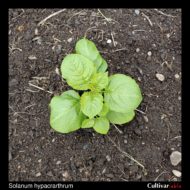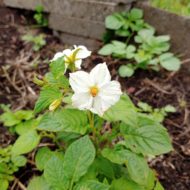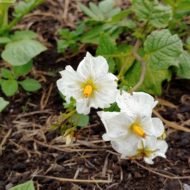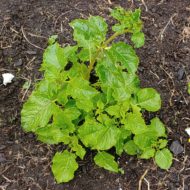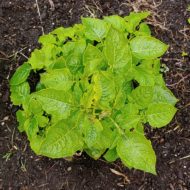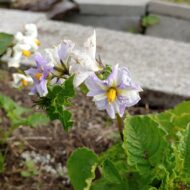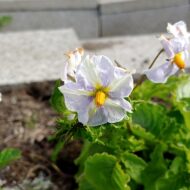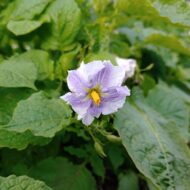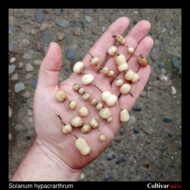Solanum hypacrarthrum
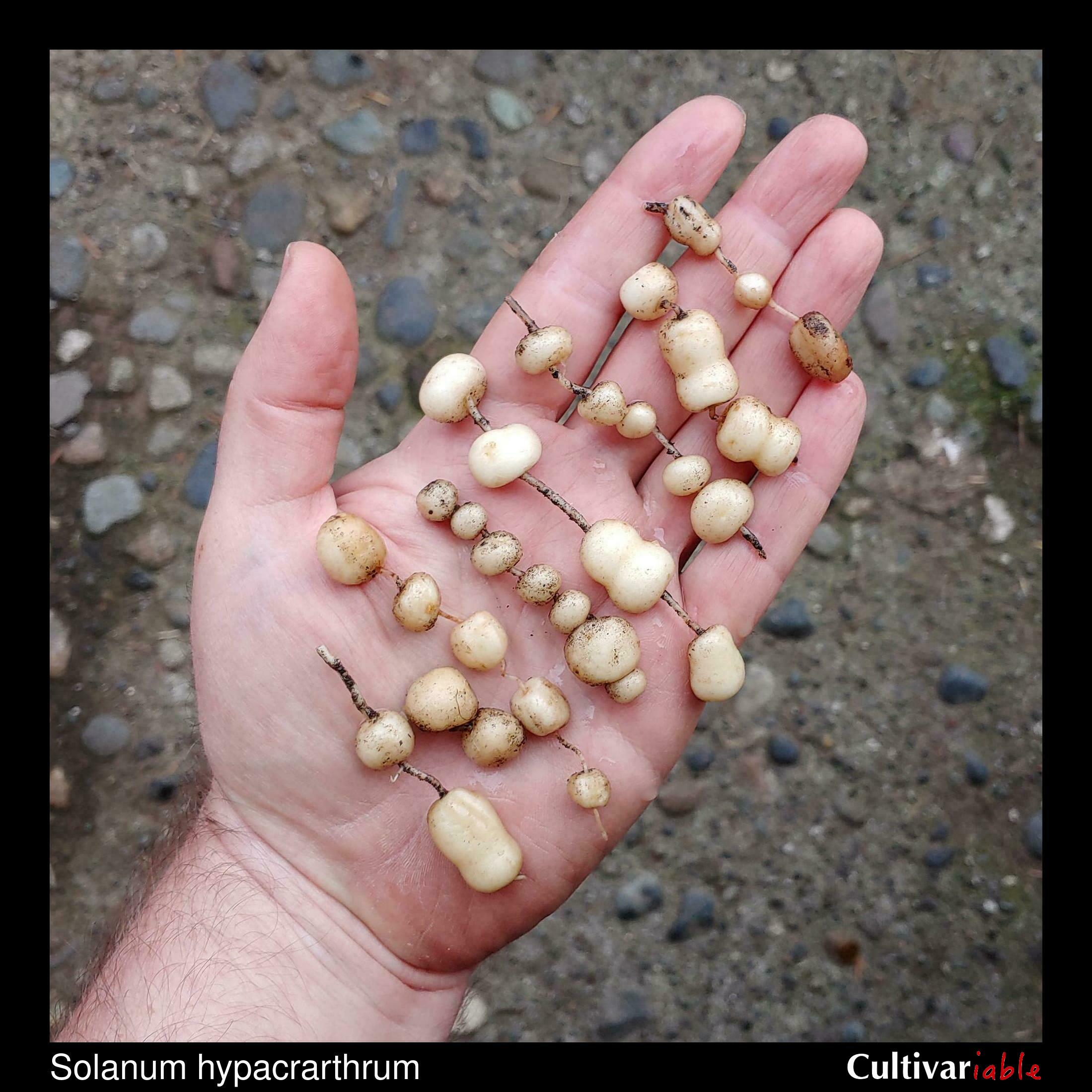
| Common Names | |
| Code | hcr |
| Synonyms | S. guzmanguense |
| Clade | 3 |
| Series | Piurana |
| Ploidy | Diploid (2x) |
| EBN | 1 |
| Tuberization Photoperiod | Short Day |
| Self-compatibility | No |
| Nuclear Genome | P |
| Cytoplasmic Genome | Unknown |
| Citation | Bitter: Repert. Spec. Nov. Regni Veg. 11: 367. 1912. |
Description
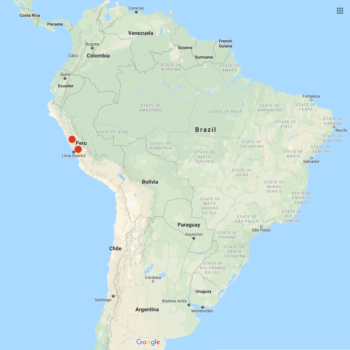
Solanum hypacrarthrum is a Peruvian species. Plants reach a little more than a foot tall. White tubers. Flowers are white, occasionally white with light blue, rarely entirely blue. Berries round. Native habitat is hills and brushy forests from 5,900 to 11,200 feet (1800 to 3400 m) (Correll 1962).
The specific epithet, hypacrarthrum, refers to the position of the articulation at the end of the pedicel. It is formed from the Greek words “hypo,” for “under,” and “acros,” for “top end.” While there is no completely standardized pronunciation for scientific names, the most common way to pronounce this species is probably so-LAY-num hy-puh-KRAR-thrum.
All available monographs describe this species as having white corollas, but the only available accession in the USA, PI 473477, produces both white and light blue flowers.
Resistances
Vega (1995) found that this species is less frost tolerant than domesticated potato.
| Condition | Type | Level of Resistance | Source |
|---|---|---|---|
| Phytophthora infestans (Late Blight) | Fungus | Not resistant | Gonzales 2002 |
| Phytophthora infestans (Late Blight) | Fungus | Some resistance | Karki 2020 |
Glykoalkaloid content
No information.
Images
Cultivation
I have found seeds of this species slow and difficult to germinate using the standard conditions for S. tuberosum. I have noticed that this species produces few and mostly small and poorly developed berries here. I’m not sure why.
Accessions Evaluated
The following accessions were examined to prepare this profile. I have evaluated 1/1 accessions currently available from the US potato genebank.
PI 473477
The first time I grew this accession, I got poor germination and slow seedling growth. The mature plants did not look like I expected for this species.
I am now growing it a second time and got good germination and rapid seedling growth. It is possible I made a mistake the first time.
Breeding
Crosses with S. tuberosum
| Female | Male | Berry Set |
Seed Set | Ploidy | Germ | Source |
|---|---|---|---|---|---|---|
Crosses with other species
| Female | Male | Berry Set |
Seed Set | Ploidy | Germ | Source |
|---|---|---|---|---|---|---|
References
Solanum hypacrarthrum at Solanaceae Source

